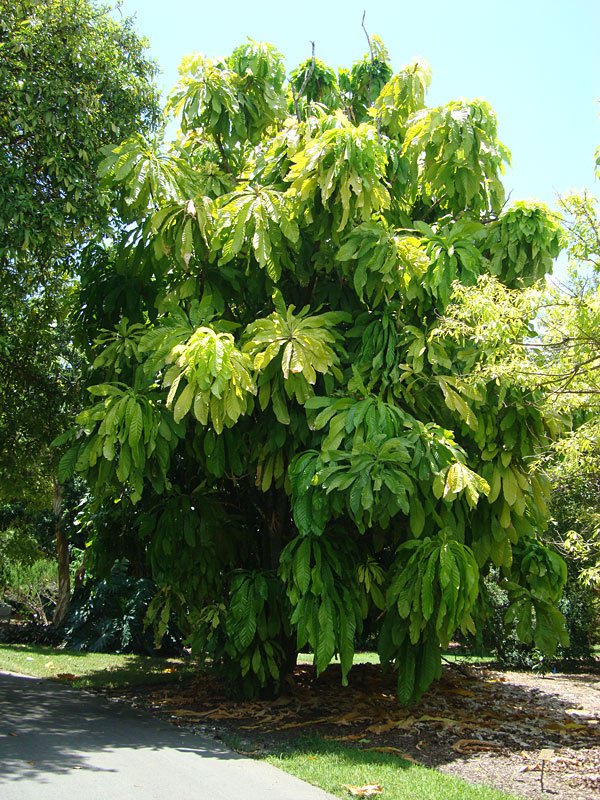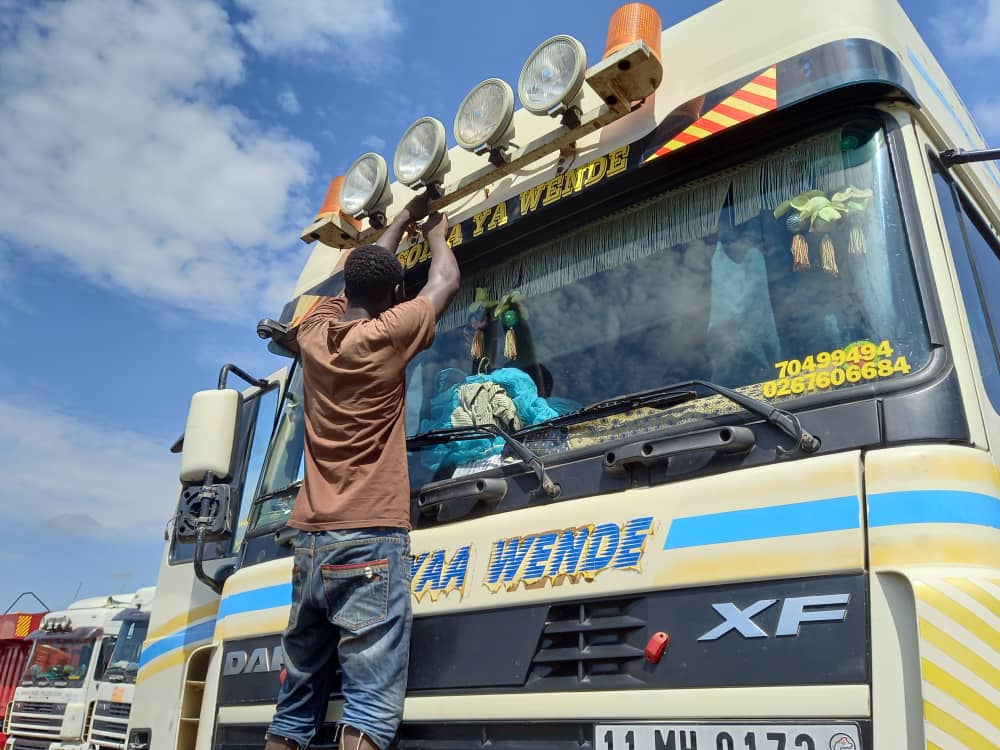ER: Lower Manya Krobo Tops 21 Other Districts in 2018/19 District League Table

Results from the 2018/2019 District League Table (DLT) II, have shown wide gaps within districts of the various regions in relation to social development and service delivery.
The DLT released in Accra on Tuesday, June 18, 2019, ranked Lower Manya Krobo Municipal 5th and 36th best district at the regional and national level respectively.
Its sister districts, Asuogyaman and Yilo Krobo were ranked 11th and 17th in the region with 39.1 and 24.7 percentage points ranking respectively 132 and 197 nationwide. The position of the Upper Manya Krobo District has raised serious concerns among residents in the area.
Meanwhile, the Asante Akyem North Municipality in the Ashanti Region has been ranked first in the District league table.
While it obtained a total score of 100% followed by the Sunyani and Nsawam Adoagyiri Municipals that scored 98.5% and 94.9% in that order, Lower Manya Krobo Municipality scored a total of 65.0% to clinch 5th and 36th positions regional and nationwide respectively.
The table published annually by UNICEF in partnership with the Centre for Democratic Development is aimed at highlighting disparities in social development among districts.
This year’s edition ranked all 216 districts in relation to key indicators such as education, health, water, sanitation and child protection based on existing data on the then ten regions of Ghana.
A worrying trend the report highlighted was the seeming widened gap that exists between the districts that were performing well and others performing poorly.
This was evident in Asante Akyem North’s 100% score as against the 0% score of the last district, Asokore Mampong.
The Ministry of Local Government and Rural Development has thus charged the Municipal and Metropolitan and District Assemblies (MMDAs) to allocate resources to areas of priority for their residents.
According to the ministry, it is only through strategic allocation of resources that assemblies can actualize the needed development.
Speaking at the launch of the district league table II on Tuesday, Deputy Sector Minister, Kwasi Boateng Adjei expressed worry over the seeming lack of interest by citizens in the development of MMDAs.
To address this disturbing situation, Mr. Adjei admonished MMDAs to be strategic in their resource allocation.
“This will help in the redistribution of resources. So, if District Assemblies get resources they should be able to prioritize their developmental needs. This will provide a vital source of information for the Districts. So, if the District is not performing well let’s say in the area of sanitation then certainly, they should be able to allocate some of their resources in that area to influence the level of development in that area.”
Score Card Analysis/highlight
Using the Basic Education Certificate Examination (BECE) results, Western Region topped the education sector with an impressive 88 percent while the Upper West recorded the poorest performance with 48 per cent.
Under the health sector indicator of skilled birth attendance, Upper East Region ranked the highest with 65 per cent while the Volta Region ranked the lowest with 45 per cent.
Central Region topped the chart with the highest number of birth registration recording 90 per cent coverage as compared to the Eastern Region which recorded just 58 per cent.
The Greater Accra Region topped the chart in water coverage under the sanitation sector with 77 per cent as Eastern Region had the lowest water coverage of 54 per cent.
Again under sanitation, the Upper West Region recorded 28 per cent of its communities certified as Open Defecation Free (ODF) while Ashanti and Western had none of their communities certified as ODF.
Anne-Claire Dufay, UNICEF Representative in Ghana, speaking at the launch, said as Ghana sought to achieve the sustainable Development Goals, (SDGs) it was useful to note the disparities between Districts and regions in social sectors as it can enable better prioritization, planning, resource allocation and implementation.
“Ultimately, the objective of the report is to provide evidence to inform equity-focused decisions, so that all children and their families have access to quality basic social services,” she indicated.
“Let’s make sure we leave no one behind.”
The DLT is a result of a partnership between UNICEF, the Centre for Democratic Development (CDD-Ghana), the Centre for Social Policy Studies (University of Ghana – Legon), the Ministry of Local Government and Rural Development, as well as the Office of Head of Local Government Service.
Source: Omanba Kodwo Boafo/ritefmonline.org




